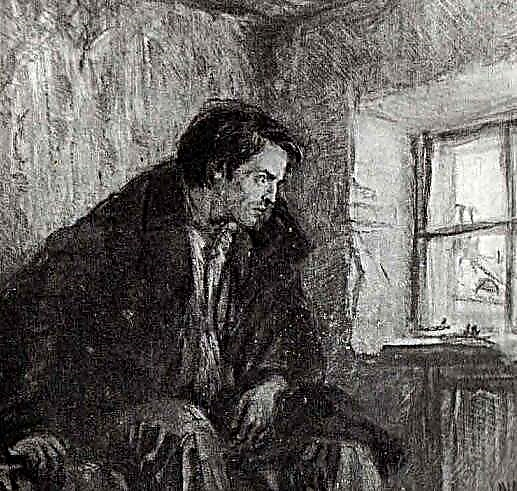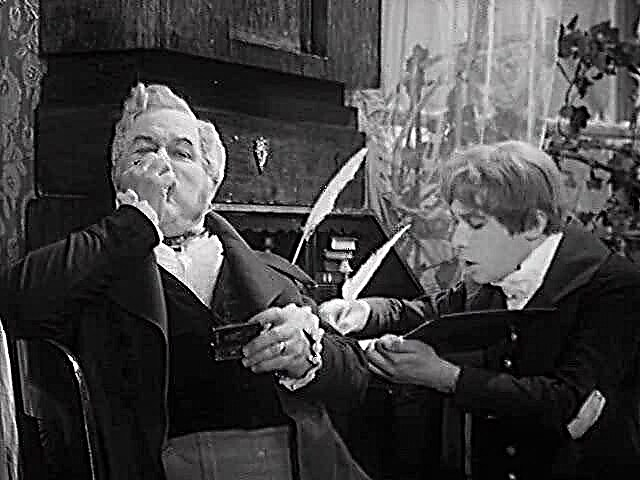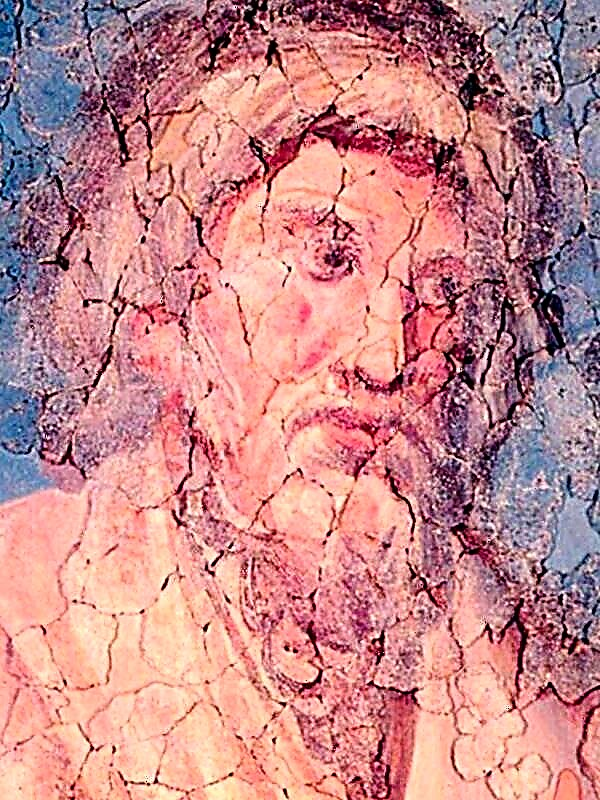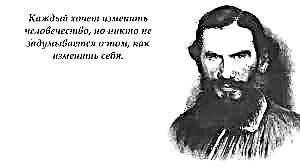Ray Bradbury's 451 ° Fahrenheit is a classic of dystopia. Despite the “hackneyed” genre, the author was able to stand out and write a book that even today, in the era of scenario satiation, has become a tidbit for venerable directors. The secret is that the writer, without changing the global structure of the world, hypertrophied only one detail - his attitude to books. And because of this seemingly secondary aspect, the life of society has changed dramatically. This gloomy foreboding has been confirmed in modern times, and over the years it has only gained momentum in popularity.
The world that the author describes is the result of a lack of reading and the need for it. We see a logical result - a complete immersion of the personality in television, as a result of which people cease to control their lives, being in serene calm, relying on the "big hands" of the government that peacefully rock them. They become big children without their own opinion and social initiative. Everything that they put on television, they will watch, and will sit where they are told. Such, for example, is the wife of the protagonist, who started a full-fledged family on the screen and no longer needs its real prototype. The narrow-mindedness, moral squalor and philistine vulgarity of such a society are undeniable, but why, one wonders, Bradbury blames the state attack on books for this? Now they are legal, but many people can easily cope without them. And nothing, life goes on. Each of us has friends who have not read a single serious thing at all, but this does not mean that they are immersed in the parallel reality of screens with their hands and feet. So why does the classic of fiction literature breed panic? And why did this didactic plot so hook movie managers?
A book is not only a bunch of leaflet bound books that describe bizarre stories for the needs of a bored public. In a broad sense, this is the basis of culture, its eternal guardian. All non-material aspects of human existence are hidden in it. The past is recreated from books, they also serve as a support for the future, because the wisdom accumulated over the centuries is being mastered even now, in all spheres of life. For example, the iPhone logo, known to the whole world, is an Old Testament symbol of temptation, that same apple plucked by Eve. It is the Bible, written and read, that served as the vehicle for this archetype.
Other examples of the functional richness of literature are no less surprising. The same government cannot strengthen a single ideology due to the fact that it is based on controversial facts. Confirmation of the opposition opinion and the deceit of state propaganda can be easily found in historical documents (books, magazines, chronicles, annals) that have preserved evidence that contradicts the sweet-voiced news anchor. For example, it’s good to talk about the Poles, who absolutely unjustifiably hate Russia when you do not know that in 1939 there was a death camp on the site of the current Optina Desert, where almost 5,000 Polish soldiers were killed and tortured. Indeed, it was then that the USSR, along with Nazi Germany, partitioned Poland. If there were no books depicting these tragic events, we would be sure that no crimes were committed by the Soviet authorities. That is, they would live in a lie.
The latter example is more modern, and may answer why people still discuss and read this work. Today in the world there are many countries where many residents are illiterate, and from books you can get only permitted religious treatises. Reading is not encouraged, but punished, because devastation reigns around: the manners and life of the times of feudalism are preserved. People just have no time to engage in personal education, and there is no need. There is no demand for intelligence, and there are no conditions for its development among the people. The issues are resolved by force, a cult of militarism is formed in society, and as a result no one is surprised that there is an eternal war at the mentioned points on the geopolitical map. This point turns into a training ground where leading countries sell and try new types of weapons. What if there were books in the public domain? If those who send their children to war imbued with the humanism and anthropocentrism of classical literature? They would never give their son a bunch of grenades with parting words, as if the almighty wizard would reward his martyrdom with extraterrestrial “achievements”. But the masters of the situation also know about this, therefore, the dense peoples, doomed to slaughter, instill a blood feud to literature. But the creative intelligentsia refuses to put up with this. Therefore, it conducts an informational counterattack, making a film and promoting the manifesto in every way in defense of the right to spiritual life.
In addition to its role in global education, the 451 ° Fahrenheit has other benefits. This is a very lively and emotional book. It would be the terrible story that children read before bedtime, if it were not a direct evidence of current events. Bradbury's dystopia is one of the few books of this genre that has one hundred percent realism.


 Pamela
Pamela



 Metamorphoses
Metamorphoses



